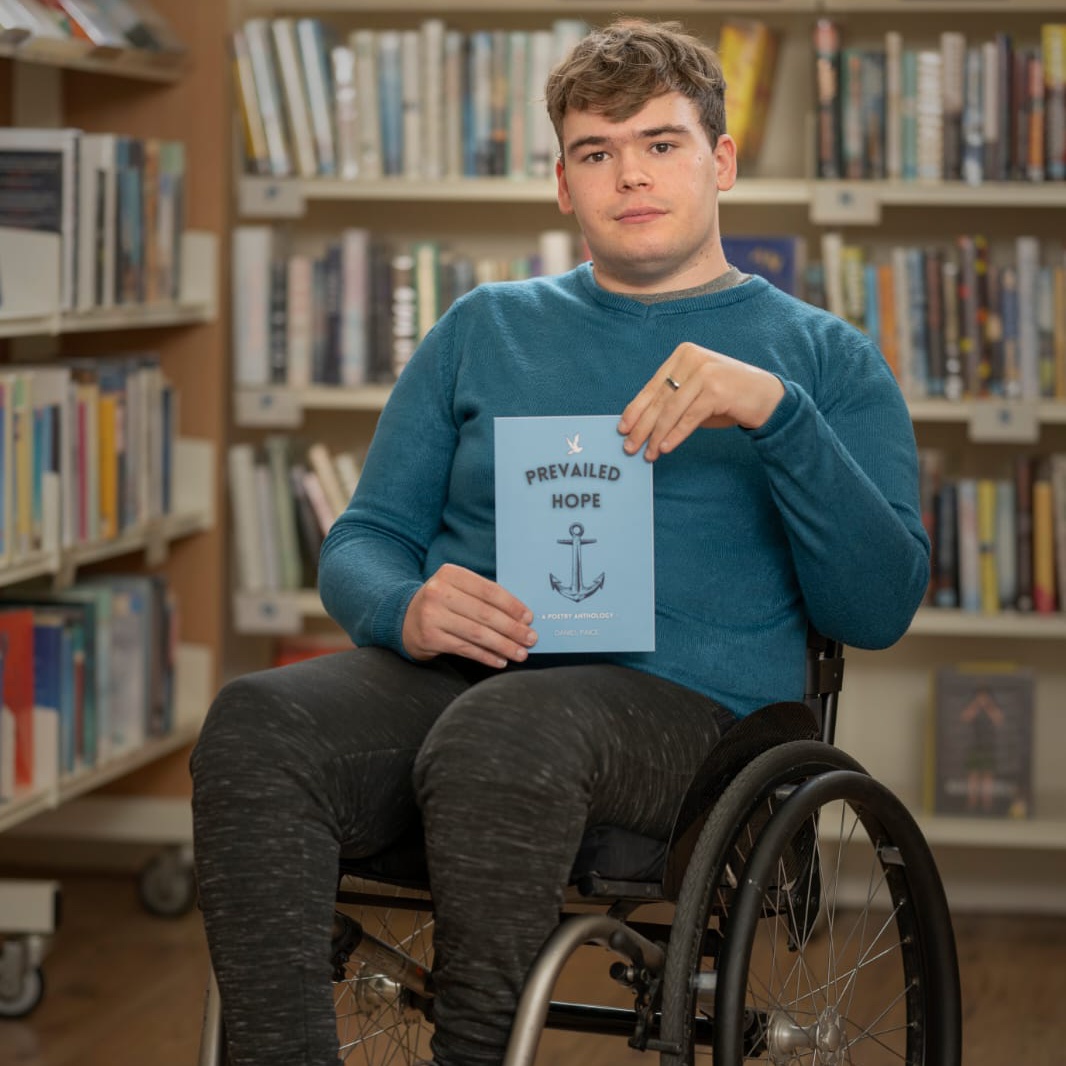How Dictation Can Revolutionise Your Note-Taking Process as a Student
- Daniel Paice

- Nov 6, 2024
- 4 min read
I have spoken about dictation on my blog so much, and in so many different ways. That is because it has revolutionised the way that I work — both as a writer and as a student. One of the ways that it has benefited me is note-taking. If I'm completely honest, I only realised how useful this could be by accident. Still, some of the best things were invented or discovered by accident.
What I really like about it is the simplicity. The fact that I could be reading a chapter in a module book, or reading a website, and be able to summarise an entire page of information as I go along. Not only that, but I can also add in my own interpretations and thoughts into these notes at the same time, and at no extra energy-cost to me.

There's a simplicity and a fluidity to it which I find you don't get if you type or write notes. I find, for example, when you are writing notes, that it becomes a battle of writing down the information and also keeping up with whoever is delivering it. All while actually understanding what you're reading or what is being said.
Thinking about it, ironically, your notes suffer. As you are having to balance between the different trains of thought, and it is very hard to give them completely equal attention. I have found that I can read a page, and start making notes by dictating them as I'm reading the page. As though I'm speed reading the page, but I'm reading or listening to the information. I’m also, in a way, explaining it to myself because I'm dictating to myself. Whereas, if you're writing notes by hand or typing, then you are focusing on getting the information down, rather than thinking about how you would apply that information. Mentally connecting the dots, if you like. Whereas if you're dictating, you're allowing your mind to wonder, and to consider and process information. This can add to what I mentioned earlier, about adding your own thoughts and perspectives to the notes. I also find that being able to add in your own ideas and thoughts as you go along is even better because — once you have written the notes — it's not as though you really have to add to them, as they've already been added to.
I know some people that take notes and then rewrite them later on. This can be done for multiple reasons: their handwriting becomes eligible, or they haven't been able to add all the information they needed the first time that the information was delivered. Even when you're reading text, it can take a few read-throughs to get a fully developed understanding. Dictation helps cut this out. What you say is going to be typed up for you. The only clarity you need is being able to articulate your thoughts verbally, so that you can understand them. Which, hopefully, you can do anyway.
Though this is not intentional, I do find that in dictating these notes, and being able to explore your ideas more thoroughly, these notes can actually form a substantial part of your final pieces of work. Don't get me wrong, the notes will be a complete mess, but you will understand them. You are not literally going to copy and paste the text, and then submit it.

The other day, I was writing a plan for an assignment. The plan was a series of bullet points — giving myself an idea of where I wanted the essay to go, but enough flexibility for things to change. As I was writing one of these bullet points I had a light bulb moment. I ended up writing half a paragraph in the process. Completely unexpectedly. A spur-of-the-moment thing. If I hadn't been dictating and planning, then I wouldn't have necessarily come across this thought and angle in which to take the paragraph.
Not only that, but dictating notes of any kind — whether it's studying, completing assignments, or writing a shopping list — allows you to do other things at the same time, and it allows you to speak as you think. This is particularly important if these are notes that you are going to refer to at a later date — because if you read something and then hear it almost spoken aloud, then you're more likely to recall the information. That is my experience, anyway.
A slight side note: having verbalised these notes, it reads as though somebody is actually talking to you. Which can, in some ways, be more interesting — because the way that something is written and the way that something is spoken is different. In that sense, it can be more engaging.
You can use how I am building this picture of writing notes gives you a record, but verbalising these notes through dictation also gives you a few points of reference, because you're adding your own ideas. You are basically explaining them to yourself, and summarising these ideas at the same time. The conversational style makes it more accessible, so therefore you're able to connect with it. There are four points of reference that allow you to gain multiple layers of understanding at the same time as writing notes much quicker than you otherwise could.








Comments